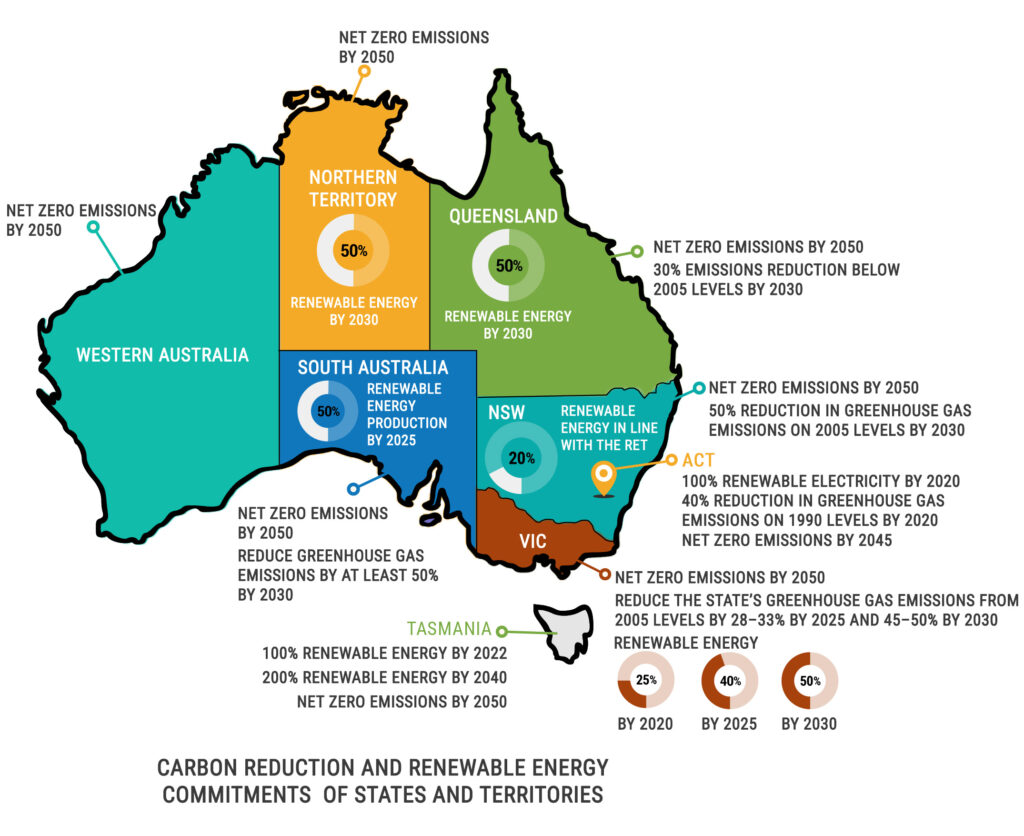Methane Emissions From Livestock Are Responsible for 8.3 Gigatons of Carbon Dioxide Equivalent.
Ruminant animals are almost ten times more carbon intensive than alternative animal protein and more than 30 times more carbon intensive than vegetable protein.
This is predominantly from the generation of methane in their rumen (first stomach) from enteric fermentation.
Methane is of significant concern as it has a global warming effect vastly higher than carbon dioxide – by a factor of nearly 28 times.
Carbon neutral products
Supermarkets globally are driving the change for consumers to access low carbon products with many now offering a range of no or low carbon options such as meat and dairy products as demand for clean label products and transparancy in terms of food chains continues to grow.
Meat and Livestock Australia (MLA) introduced a world-first sustainability scorecard for Australia's sheep and wool industry in July 2022 with benchmarks and data across four key themes.
The apparel industry is also making a foray into the use of carbon free product with high profile companies including Woolmark and MJ Bale recently producing carbon free product lines.
Towards Net Zero
The Australian Government plans to use feed supplements in the agriculture industry as key input to reaching increasingly stringent Net Zero targets.
The Albanese government pledged to join other developed countries (US, UK & EU) to cut global methane emissions by 30 per cent on 2020 levels by2030 by becoming a signatory to the Global Methane Pledge in October 2022.
A recent injection of funding to the seaweed industry is designed to support the industry to assist governments, industry and businesses to achieve those reduced targets by supporting the ongoing commercialisation of the low-emissions livestock feed supplement Asparagopsis to assist producers to meet growing domestic and international demand.



